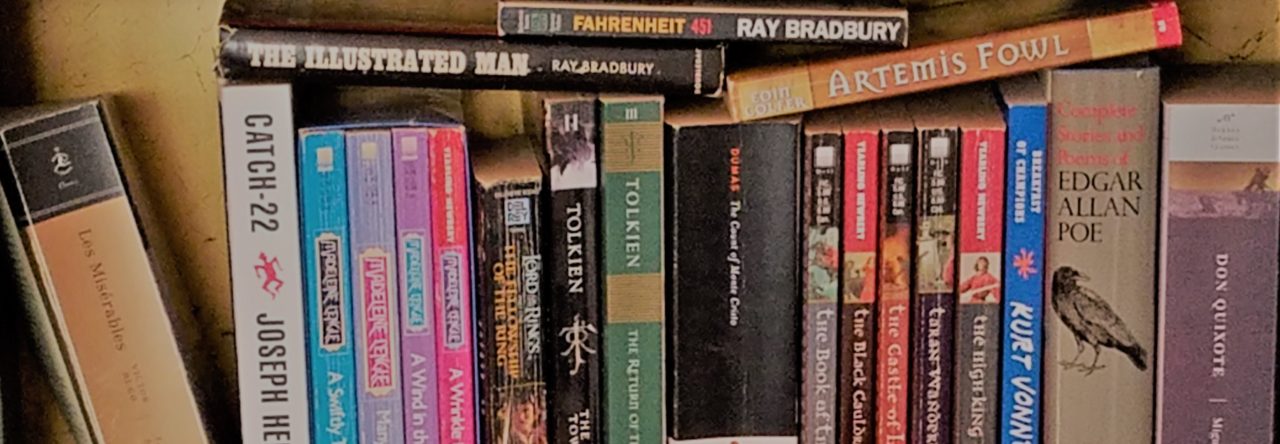In The First Two Lives of Lukas-Kasha by Lloyd Alexander, Lukas (self-proclaimed town laze) pays a street magician for a trick. The magician dunks Lukas’s head in a tub of water, transporting him to a distant kingdom. There Lukas is crowned monarch—but everyone thinks he’s named Kasha.
The kingdom is a disaster. The threat of war looms, and selfish ministers scheme. However “Kasha” makes some friends: a strong-willed freedom fighter and an impudent versifier. Together, the three heroes stabilize the kingdom. Kasha might just be falling in love with the freedom fighter.

You must be logged in to post a comment.